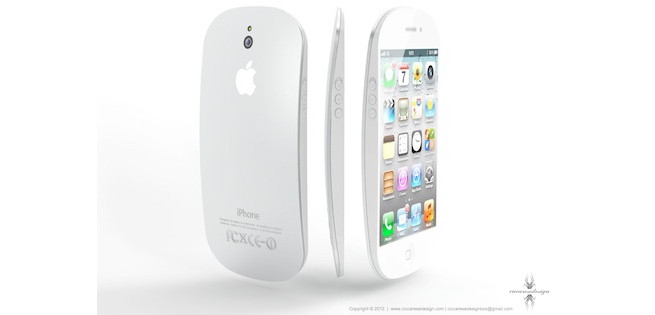
Apple may be getting ready to ditch the current dock connector used in iPods, iPhones, and iPads in favor of a smaller version — meaning you’ll possibly have to keep up with yet another adapter to use all the latest accessories for iOS devices.
[aditude-amp id="flyingcarpet" targeting='{"env":"staging","page_type":"article","post_id":394731,"post_type":"story","post_chan":"none","tags":null,"ai":false,"category":"none","all_categories":"business,mobile,","session":"D"}']Annoyances aside, Apple could have a very practical reason for making the change, according to a iMore report that cites an anonymous source. A smaller “micro” docking port would give the company more room for other important components within the iPhone 5, which could be the first device to receive the new dock treatment. And since the iPhone 4S has a much shorter power lifespan than all the models preceding it, the most likely use for that additional space would be to include a bigger battery.
The new docking port is said to be a new design rather than the outdated microUSB standard used by the rest of the mobile phone industry.
AI Weekly
The must-read newsletter for AI and Big Data industry written by Khari Johnson, Kyle Wiggers, and Seth Colaner.
Included with VentureBeat Insider and VentureBeat VIP memberships.
It’s also worth noting that Apple is moving away from its reliance on transferring information to its mobile devices through a power cord. As part of Apple’s iCloud push, the company is now enabling more OS software, app, and digital media updates over the air. So the dock connector may end up as little more than a way to charge the device and connect to third-party accessories.
The latest rumors speculate that the iPhone 5 will hit sometime before the end of 2012, and will feature a larger screen as well as a more curvy design.
[iPhone 5 concept image via ciccaresedesign]
VentureBeat's mission is to be a digital town square for technical decision-makers to gain knowledge about transformative enterprise technology and transact. Learn More